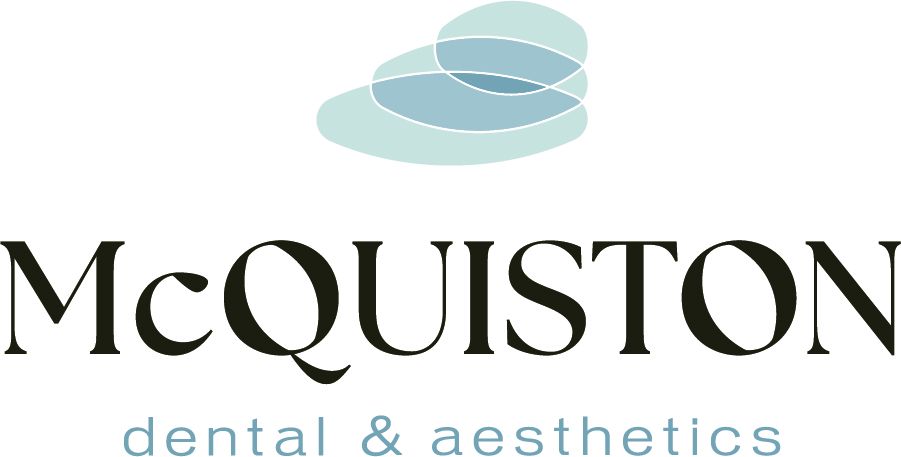Blog
How TMJ Disorders Can Impact Your Posture and Jaw Function

What Is TMJ and Why It Matters
Temporomandibular joint (TMJ) disorders affect the hinge that connects your jaw to your skull. This joint is responsible for actions like chewing, speaking, and even yawning. When the joint or surrounding muscles are out of balance, it can lead to pain, restricted movement, and even full-body effects you may not expect.
The team at McQuiston Dental & Aesthetics in Alexandria, VA understands that TMJ disorders aren't just about jaw pain—they can disrupt your everyday life, posture, and even your sleep. If you're grinding your teeth, waking up with facial soreness, or experiencing unexplained headaches or neck pain, TMJ or bruxism may be the cause.
TMJ disorders are often overlooked or misdiagnosed, leaving patients struggling with chronic discomfort. Understanding the full impact of jaw misalignment can help you get the right treatment sooner rather than later.
The Hidden Link Between TMJ and Posture
Many people are surprised to learn that TMJ dysfunction can affect their posture. But think about it—your head, neck, spine, and jaw are all connected. When your jaw is misaligned or in chronic tension, your body may adjust to compensate. This can lead to a chain reaction:
- Forward head posture, where your head leans unnaturally forward
- Neck and shoulder tension as muscles try to stabilize your head
- Lower back pain from spinal misalignment caused by poor upper body posture
Over time, your body’s effort to adapt to TMJ stress can worsen the issue, creating a feedback loop of discomfort. Addressing TMJ disorders can relieve more than just jaw pain—it can bring your whole body back into better balance and alignment.
Bruxism: The Nighttime Culprit
Bruxism, or the involuntary grinding and clenching of teeth—especially during sleep—is a common contributor to TMJ disorders. This constant muscle tension not only wears down your teeth but can also inflame and overwork the jaw joint.
If you wake up with sore jaws, headaches, or notice your teeth seem shorter or flatter than they used to be, bruxism might be behind it. Stress and sleep disorders can often trigger or worsen this habit, making it important to treat both the symptoms and the underlying causes. The good news? Relief is possible—and noninvasive.
How McQuiston Offers Lasting Relief
At McQuiston Dental & Aesthetics in Alexandria, VA, we use advanced neuromodulator treatments to relieve the pain and tension caused by TMJ disorders and bruxism. These treatments work by relaxing the overactive jaw muscles responsible for grinding, clenching, and pressure buildup.
The result is less pain, better jaw function, and even improved posture as your body is no longer compensating for jaw misalignment. Many patients report improvements in headaches, neck stiffness, and even facial symmetry. The treatment is fast, effective, and requires little to no downtime.
Our expert team also helps you maintain results through personalized treatment plans, education, and follow-up care. You don’t have to live in pain—real, lasting relief is within reach.


